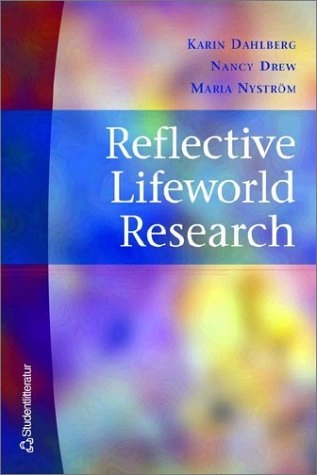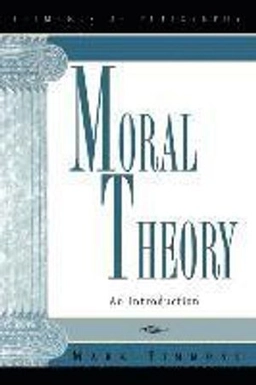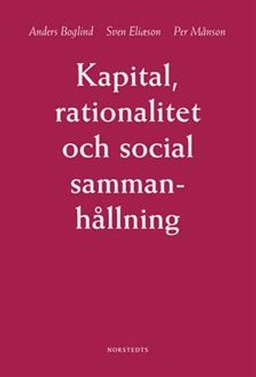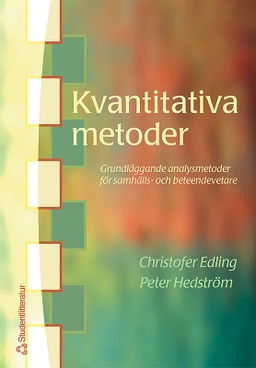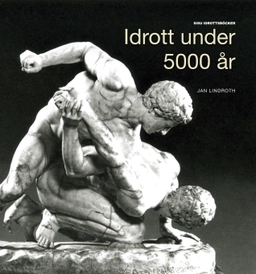This book explicates a reflective lifeworld research model, based on phenomenological epistemology. The emphasis is on human intentionality and reflection. These and other philosophical ideas presented in the book are transformed into an empirical epistemology that serves as guiding principles in research. Such an epistemology is created with the concepts of openness, immediacy, inter subjectivity, meaning and uniqueness. Emphasis is also on explicating the empirical consequences of the phenomenological reduction. With the epistemology established, some methodological principals are outlined for data gathering as well as for descriptive and interpretive data analysis, respectively.
Until this book, there has not been a resource for students to understand in breadth and depth phenomenological methods in the context of lifeworld research. Openness and pre-understanding as well as concerns for objectivity and validity are explored with rigor in this book. A view of epistemology as a lifeworld approach to human sciences research opens up a way to exploring phenomena that draws on the work of Husserl, Heidegger, Merleau-Ponty and Gadamer. This book is vanguard. For example, revisionist thinking shows up in the claim that in Being and Time, Heidegger did not reverse or abandon the philosophy of Husserl, rather he explored in particular significance the ontological dimension of intentionality. This book offers both experienced interpretive researchers and students a view of phenomenology that is thoughtful and thought-provoking.
Åtkomstkoder och digitalt tilläggsmaterial garanteras inte med begagnade böcker
